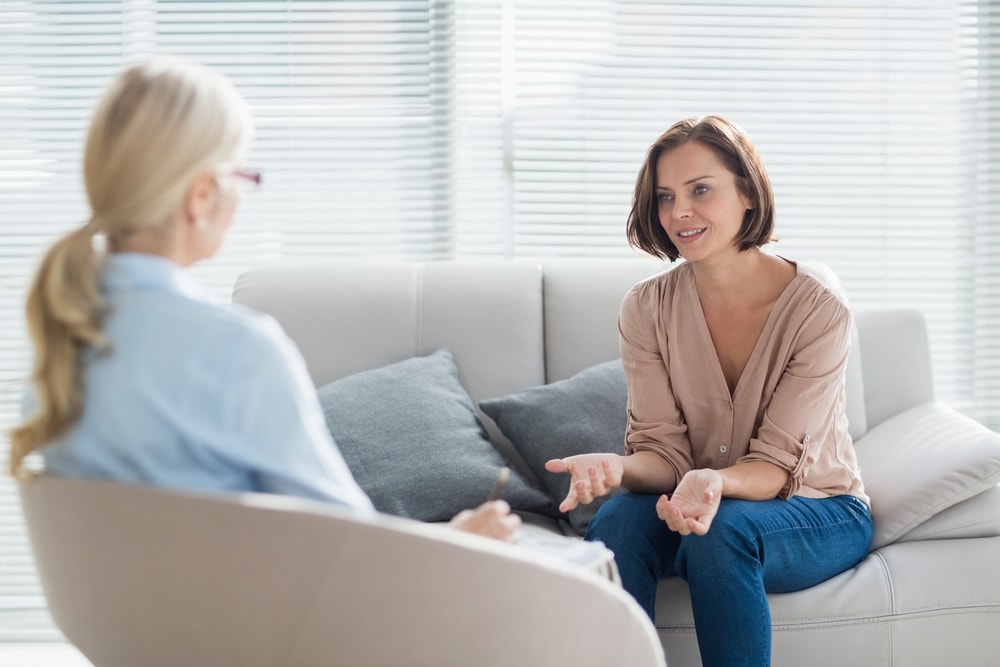
Whether it’s in regards to your relationship with your partner, sibling, parents, or anyone else, the only thing that you can ever really control or change is yourself. That’s why “couples counselling for one” can really benefit your relationships. As an imperfect human (we all are), mistakes do happen. And sometimes, there are underlying factors to blame, like, distrust, or past experiences that can make you act and behave a certain way without you even knowing it. This can eventually end up weighing heavily on your relationship, contributing to the conflict between you and your partner.
Thankfully, there are ways to change those behavioural patterns and learn to listen and grow instead. To learn how to break through those personal barriers and regain that intimate, loving connection, keep reading.
Stop the Blame Game
We’re all human, which means we all have our flaws. As couples age and grow together, it can be easy to nitpick at all the undesirable characteristics of our significant other. The problem is, some couples can get wrapped up in the blame game, which can gradually begin to consume the relationship. Sooner or later, the relationship can only be defined by the constant complaints and irritancies.
One of the first steps in healing is to stop pointing the finger and start taking responsibility for your own actions. Recognize that you are part of the problem and the solution. Listen, learn, and start fresh by taking steps to alter your patterns of behaviour.
Listen and Observe Instead of Reacting
Getting past those old habits and behaviours takes time, but it also requires practice. Rather than jumping to react when a future conflict arises, try to focus on listening and observing. Even though negative thoughts and emotions can come surging into your mind, practice taking a deep breath and learning how to let those emotions pass through. If you need to, take time to calm down before replying. Being able to keep your composure and learn how to listen can dramatically improve your level of communication and de-escalate the conflict.
Identify Triggers and Patterns
Whether we admit to it or not, we all have our triggers. When it comes to personal relationships, feelings of insecurity, distrust, rejection, and abandonment are very common roots that often emerge from past experiences. And sometimes, even though you want to blame your partner, the reality is it’s not always their fault for inadvertently triggering your emotions. By taking the time to recognize patterns, you can learn more about what your triggers are and how you can manage them in order to develop more healthier behaviours and emotions.
Every relationship involves two imperfect human beings. But rather than allowing past grievances or overwhelming emotions to take control and fester, you can take back control by learning to observe, listen and disrupt those destructive patterns of behaviour. At Vaughan Relationship Centre, our professional team of therapists are here to listen and help individuals or couples learn how to build stronger and healthier relationships. Contact us today to learn more about our services or to set up an initial consultation.
